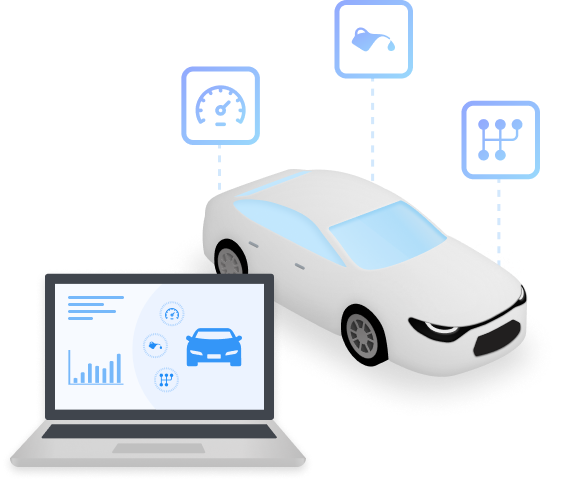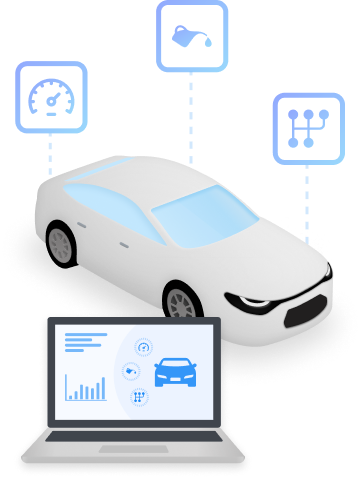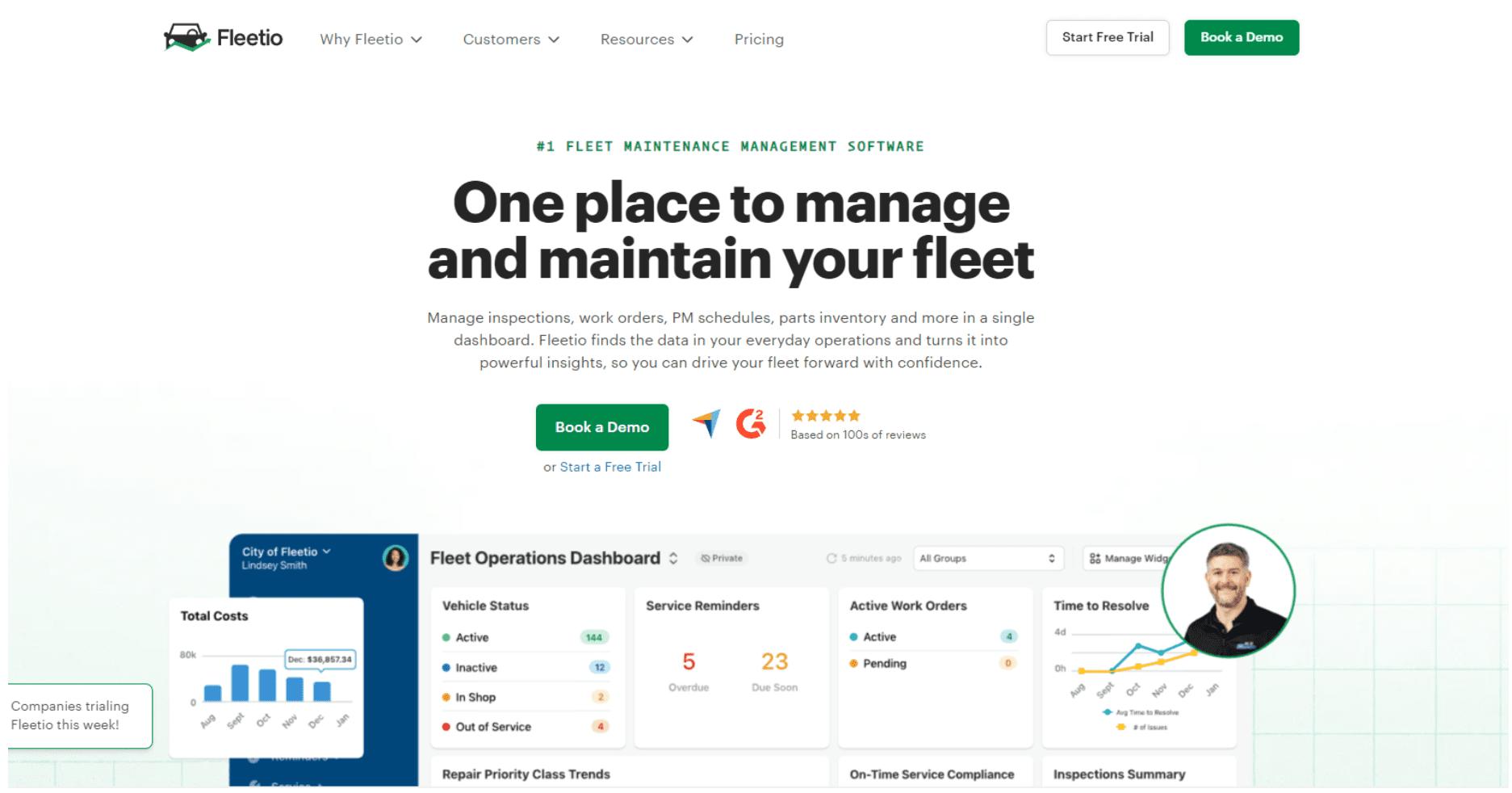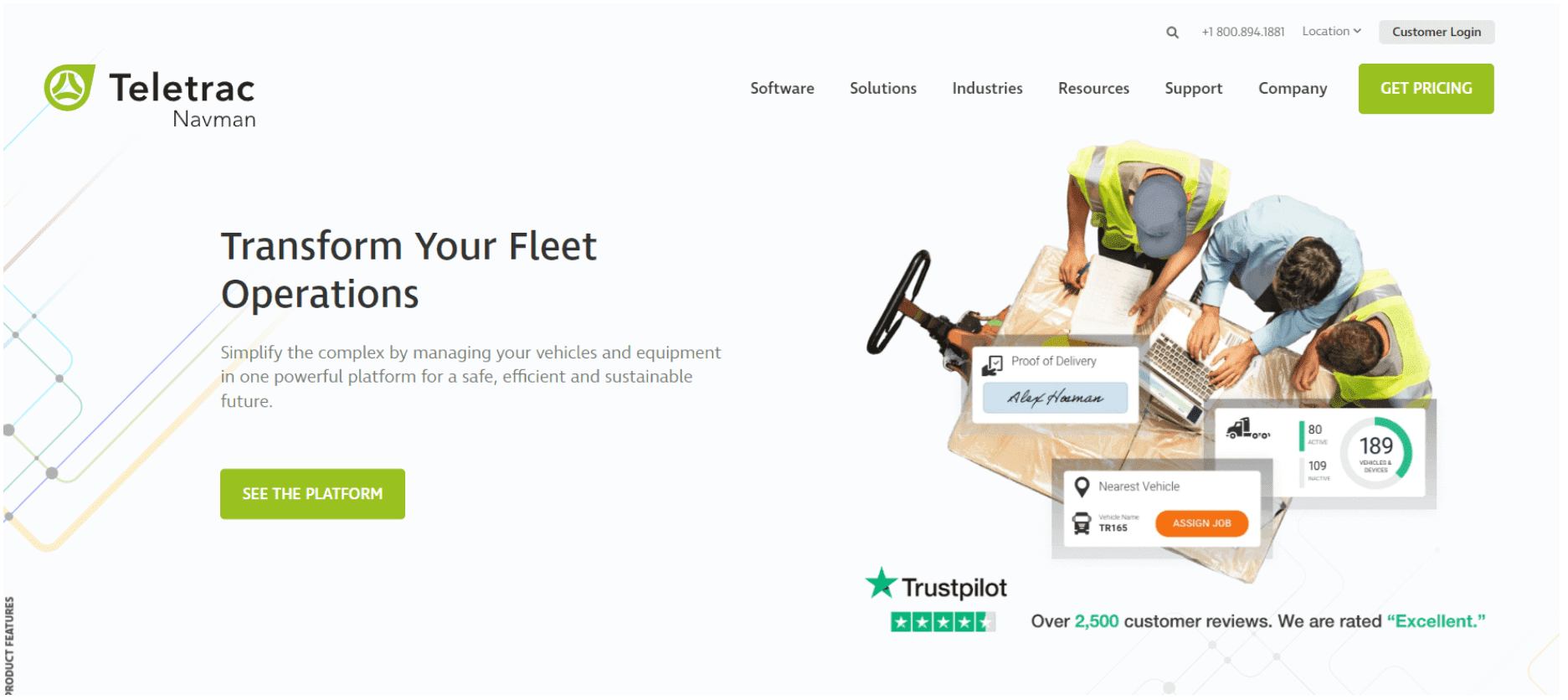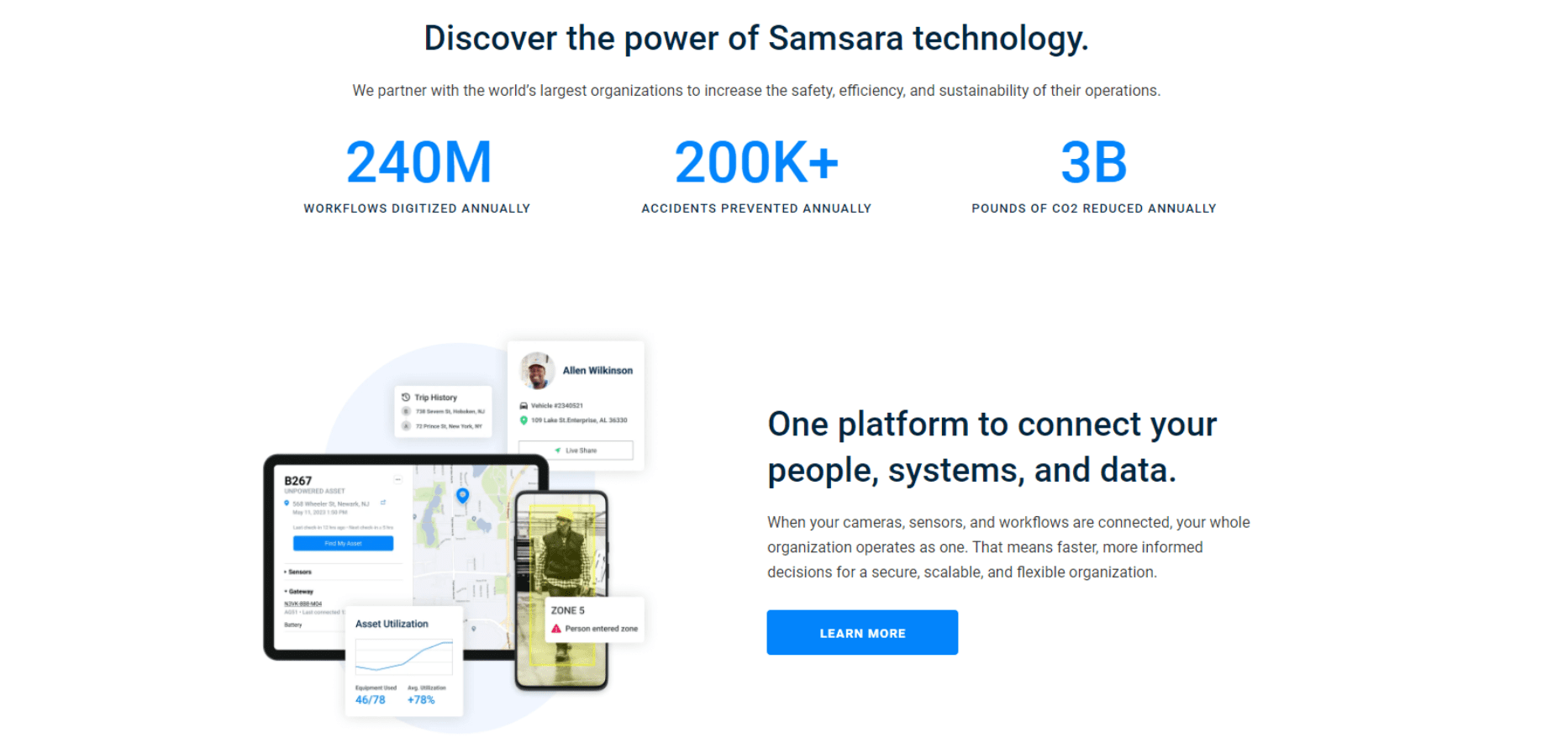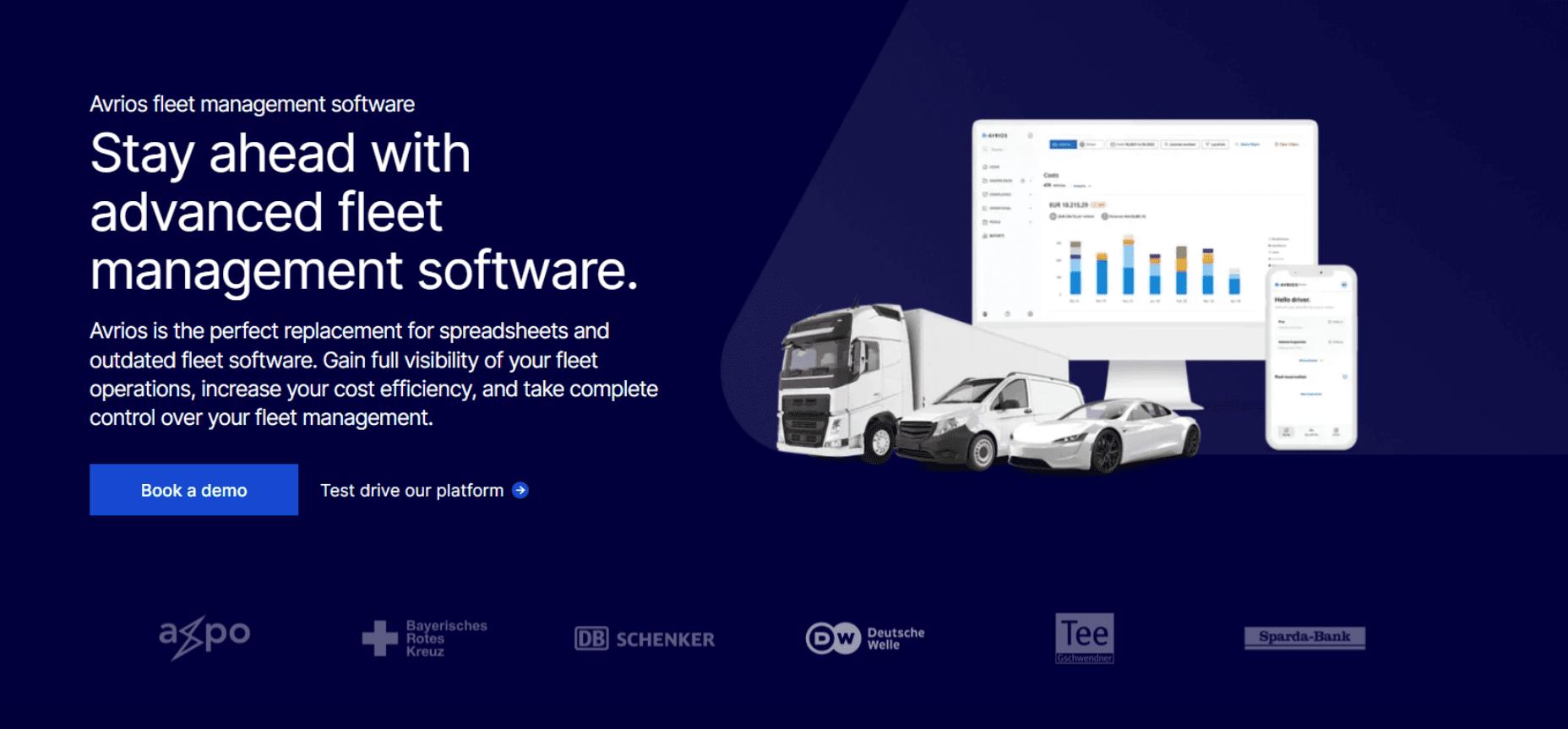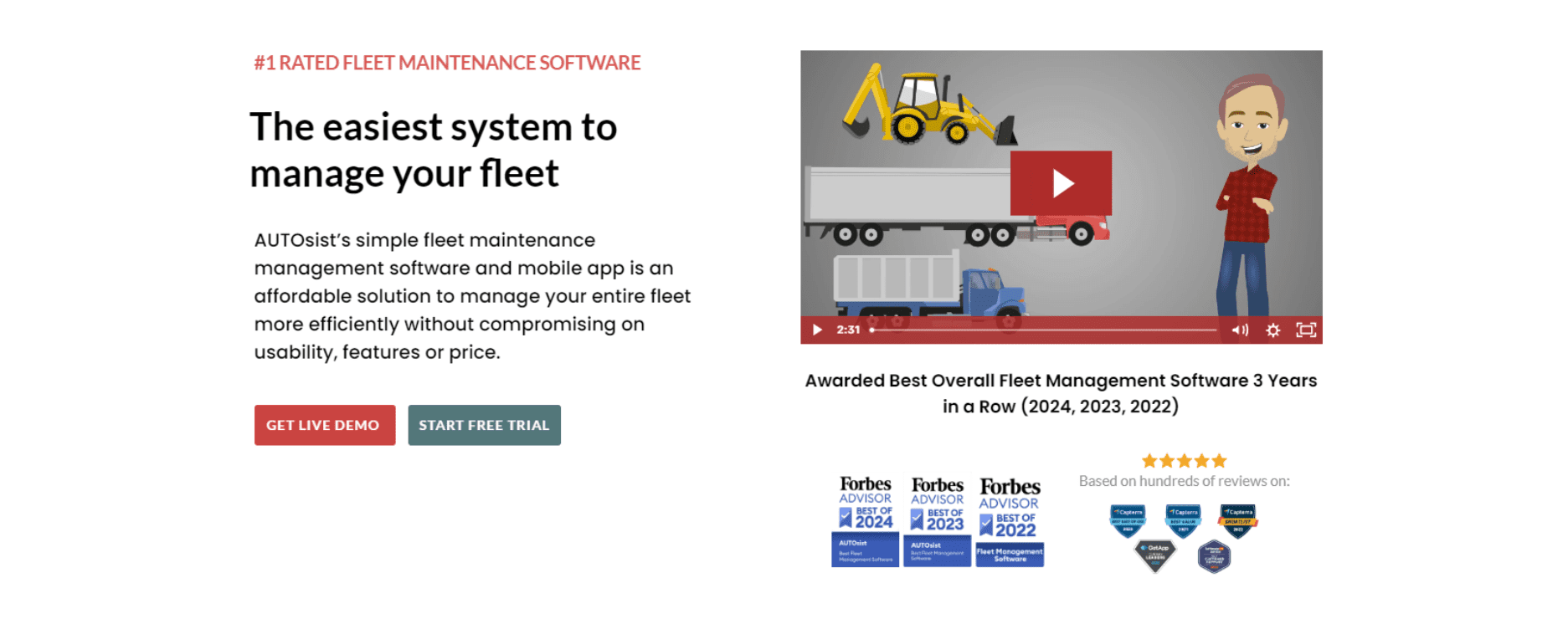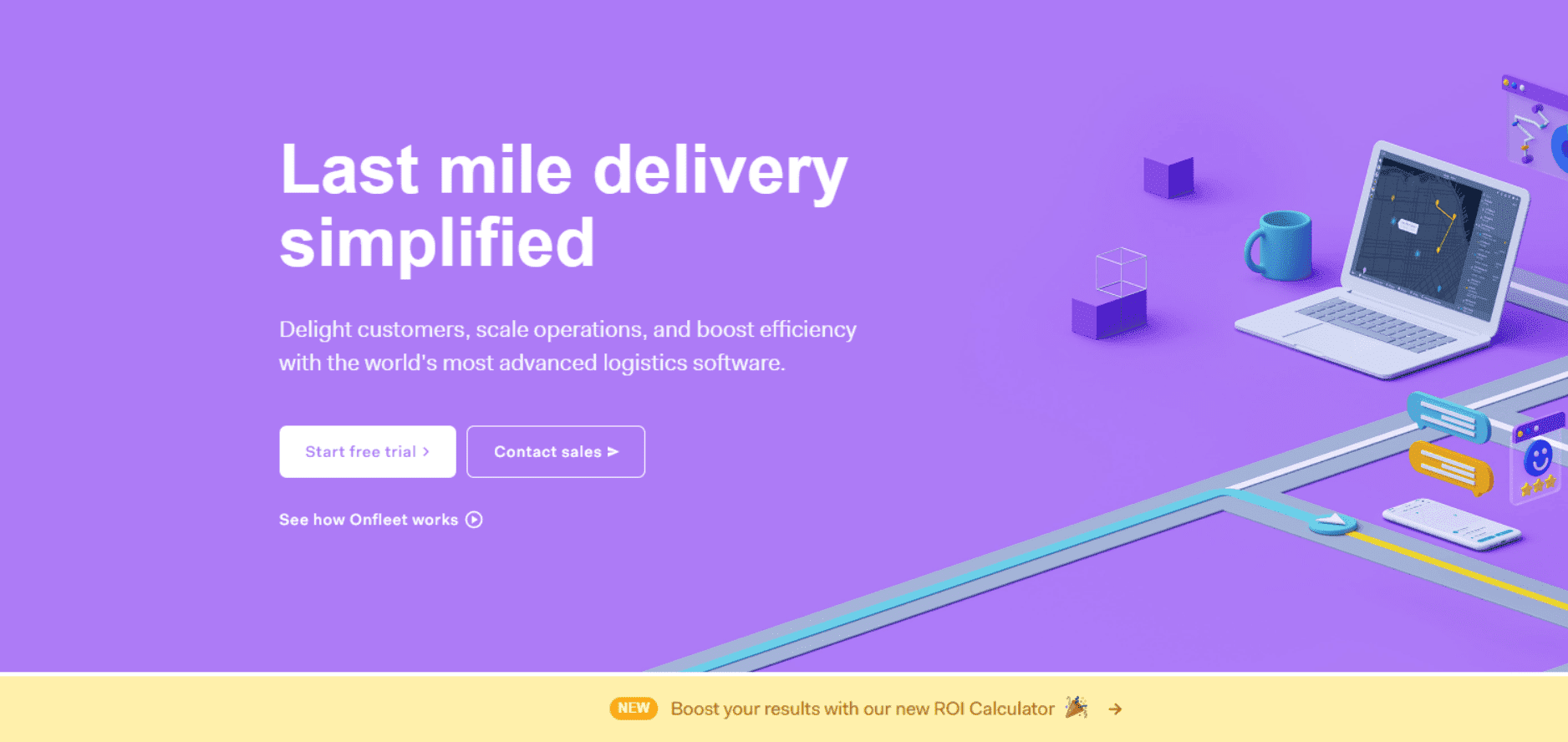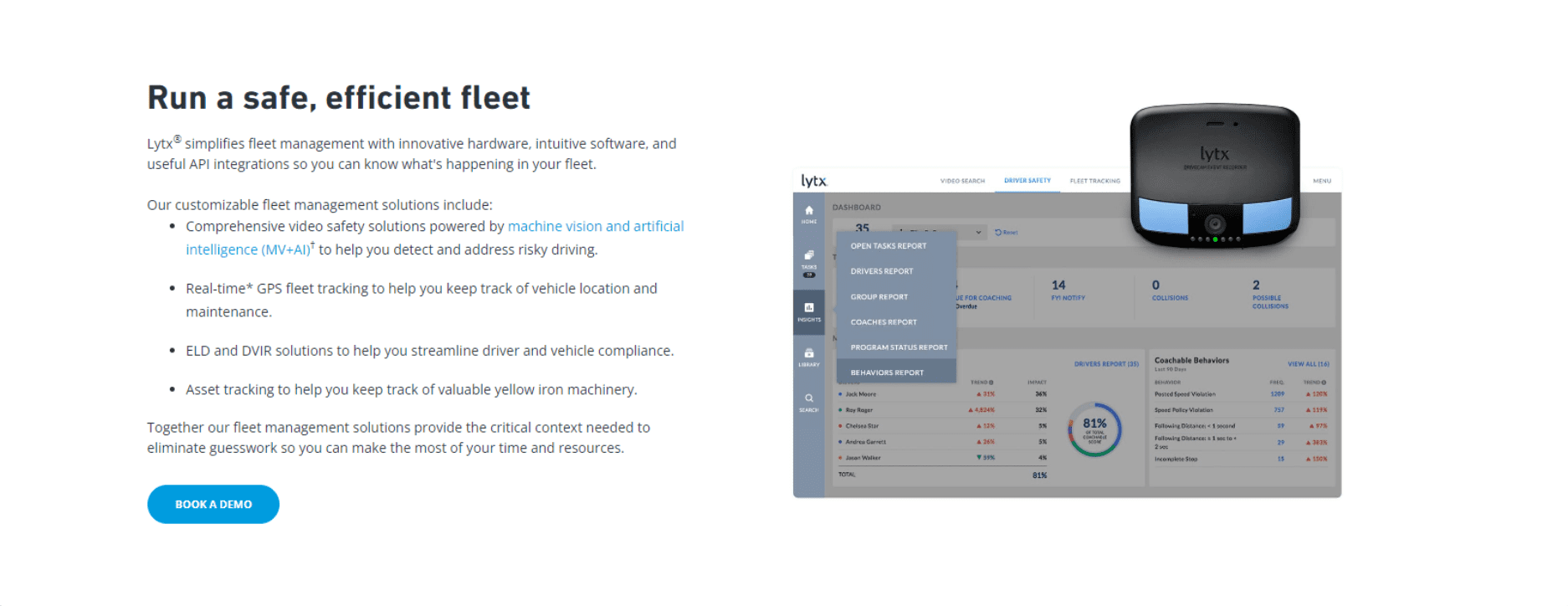What is Fleet Management Software?
Fleet management software is a comprehensive solution constructed of computer programs that perform various functions to facilitate tracking and monitoring an organization’s vehicles and drivers. It provides fleet managers with visibility into vehicle location and movement. Fleet management tools also provide information about fuel usage, driver performance, and traffic data for more efficient routing.
A fleet management system can track vehicle location, monitor driver activity, and track the status of mechanical components. Companies can use their vehicles more productively, save money, and maintain regulatory compliance through the use of fleet management software.
Companies can enjoy many benefits from the use of fleet management software. The tools furnish real-time information regarding the location and performance of vehicles and drivers. Safety can be improved by identifying drivers that exhibit dangerous driving patterns and providing them with additional training. This data can be presented to decision-makers in easily understood formats and used to improve the fleet’s efficiency.

